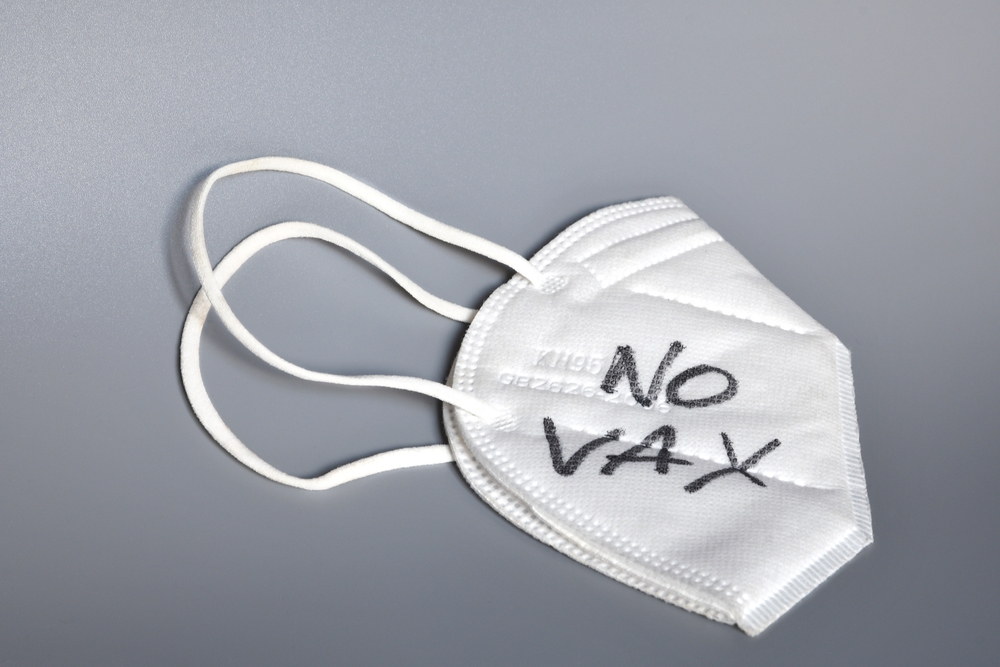The Italian government’s decision to annul fines for those who refused COVID-19 vaccinations has ignited a heated national debate. The measure, included in the recently approved Milleproroghe decree, cancels penalties of €100 imposed on over 50s, healthcare workers, law enforcement, and other professionals who failed to comply with the vaccination mandate. This amnesty affects an estimated 1.8 million individuals and writes off unpaid fines amounting to €150–170 million. Critics, including medical experts and opposition leaders, argue that the decision undermines public health policies and rewards those who flouted the rules during the pandemic.
While some members of the ruling coalition have expressed unease, opposition leaders were more vocal. Democratic Party Secretary Elly Schlein labeled the move a “grave error” and accused the government of catering to anti-vaxxers and rule-breakers. Medical professionals also condemned the amnesty, with Matteo Bassetti, an infectious disease expert, calling it “a dangerous and anti-scientific message” that risks eroding trust in future public health initiatives. However, supporters, including Deputy Prime Minister Matteo Salvini, defended the decision as a necessary step toward “national reconciliation,” arguing that revisiting the contentious pandemic-era measures fosters unity.
Critics within the government, like Forza Italia’s Licia Ronzulli, lamented the move’s impact on public trust and its disregard for the sacrifices of law-abiding citizens. Meanwhile, Giorgia Meloni’s Fratelli d’Italia defended the economic rationale, citing the disproportionate costs of collecting minor fines. The divisive issue exposes fractures in Italy’s handling of pandemic policies and raises broader questions about balancing public health priorities with political pragmatism.

